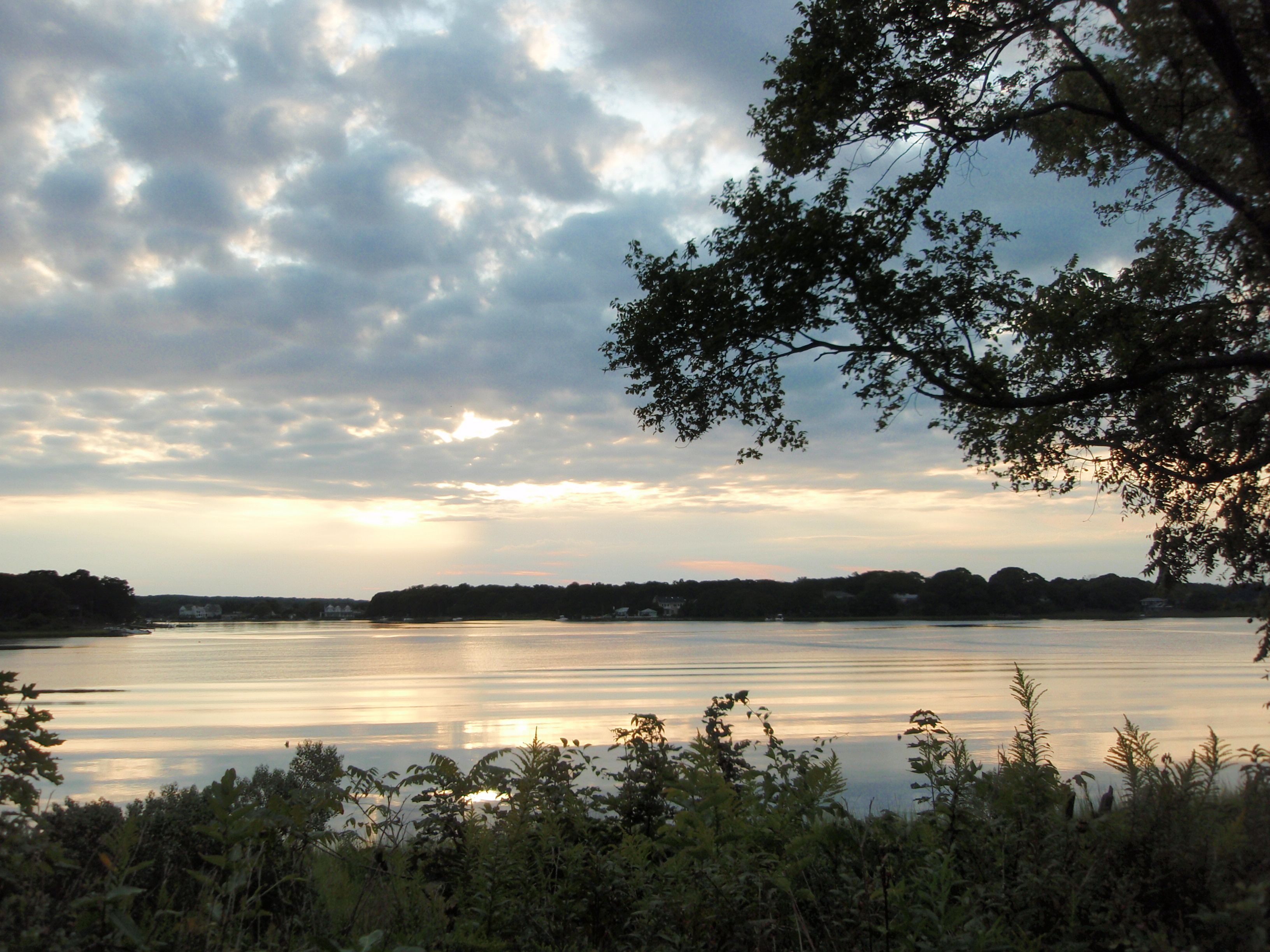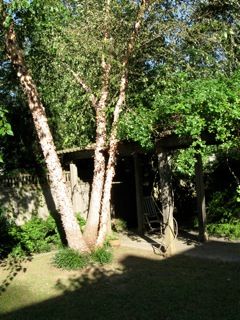by Harriet Sohmers Zwerling
“She comes on drenched in perfume called
Self-Satisfaction from feather boa to silver pumps.
Edward Field, Mae West
Her hair glows like the moon and her fiery lips have a cruel
turn that says I conquer!
She loves herself and expects you to …
While you are looking fearfully
in the bathroom mirror,
slathering your cheeks with cream,
plucking doubtfully at your eyebrows,
seeking a fuller shape for your lips,
she is queening it on the screen with men—
Cary Grant groveling in admiration before her
bountiful breasts and full white arms.
Truth is; you don’t have to be a beauty to rule!
You do have to burn with
sensual fever. You do have to empty your mind
of banality. You do have to be daring
and free of those antique prohibitions.
that kept us humble You do have to imagine yourself
as the proud, conquering female of your tribe,
and never refuse an adventure.
Harriet Sohmers Zwerling: Ex-expatriate, ex-nude model, ex-school teacher. Forever hedonist, grandmother and of course, writer.

